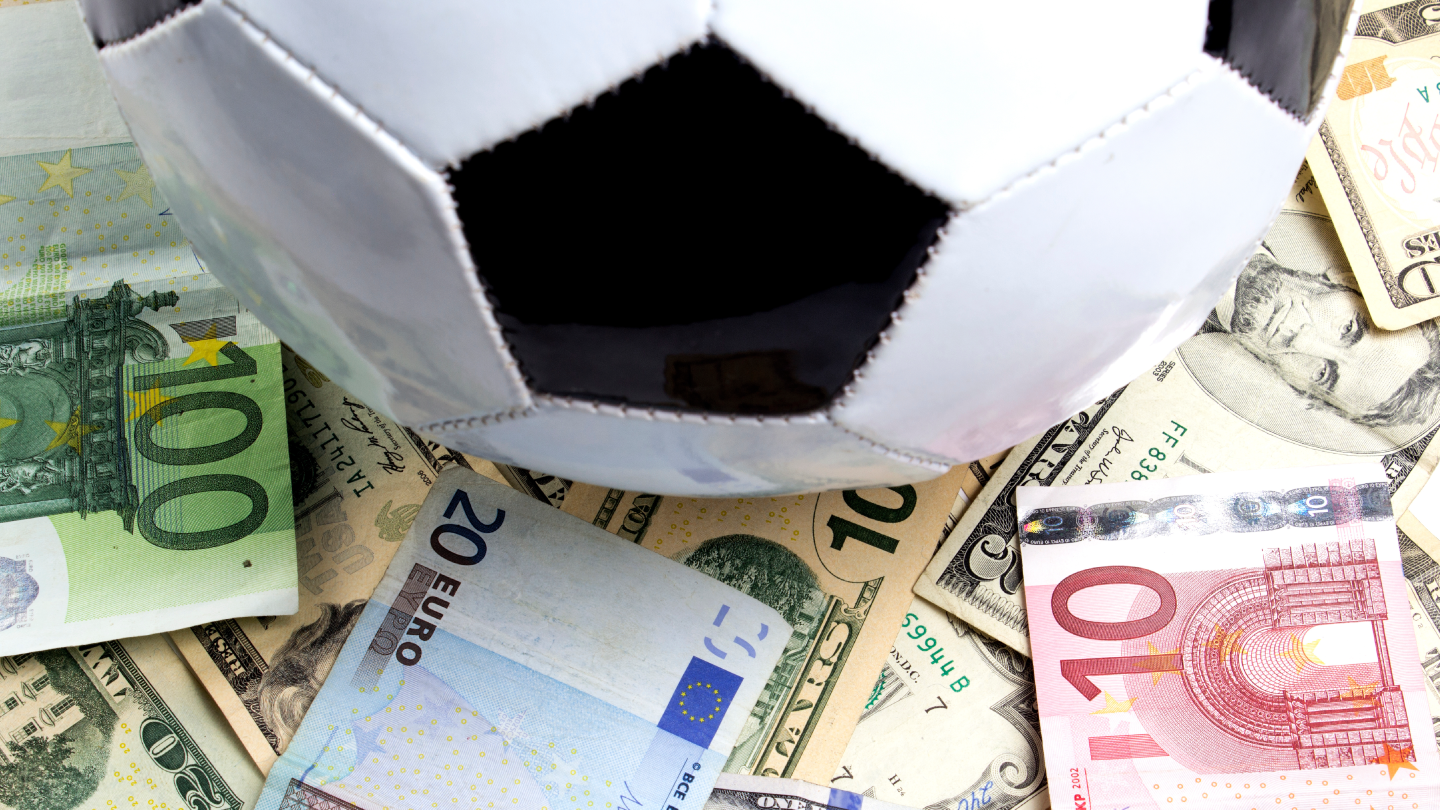The Truth About Cash – nudge, nudge

If you lived in England this summer, for at least five weeks you couldn't avoid hearing the same refrain. At music festivals, public bars, school playgrounds and even on our high streets there was no escaping the same chants. On at least three separate occasions people came up to me and said, in a conspiratorial manner, 'it's coming home'. After a while even, an old cynic like me (who had been through this many time before) began to think 'perhaps they're right'. Now of course we all know that instead of coming home, football quite deservedly went to France, but perhaps against our better judgement many of us were persuaded that the unlikely was not just possible but inevitable. The more we heard the song the more our judgement was in some way skewed.
A recent holiday gave me the opportunity to catch up with all things cash related on the web. I expected to see the usual 'cashless is coming' chant from the media and was surprised to come across a Guardian article entitled 'The cashless society is a con - and Big Finance is behind it'.
The article highlights the war on cash and the concept of nudge marketing. It considers the argument that if you can persuade people that something is already happening or inevitable then they will behave accordingly.
"Twenty years ago, nobody believed cash was inconvenient, but every time I walk into a London Underground station I see adverts that address me as if I was a person who finds cash inconvenient". In the same way if you restrict people's access to cash via branches and ATMs then you can create a situation whereby you can argue that there is less demand for cash. "If a powerful institution wants to make people choose a certain thing the best strategy is to make it difficult to choose the alternative" and of course we have all read about attempts by a card scheme to 'encourage' certain retailers in the US to refuse cash payments. Is this a correct analysis of the current situation? Are people being driven down the cashless route or is it all down to choice and convenience? If we are driven, then how quickly are we responding? We certainly live in a less cash society but even in Sweden, where the idea is most advanced, the central bank believes notes will continue to be used until 2030.
So where does this leave us? If you look to the media for analysis then I would recommend an article written by FT finance editor Patrick Jenkins, who has to my mind accurately summarized the current situation in an article that appeared in the Financial Times on 10 May this year. The article considers developments in countries such as Sweden, China, Nigeria and the US, but the comments on the UK market make interesting reading.
I would highlight the following general points:
- Whereas in Sweden cash accounts for 19 percent of payments, throughout Europe the figure is nearly 80 percent
- The volume of notes and coin in the world is actually increasing. There are 500 billion banknotes and trillions of coins in circulation
- The Bank of England Chief Cashier has highlighted that cash still has a key role to play in financial inclusion. "The number who rely almost entirely on cash has jumped by 500,000 to 2.7 million over the past two years".
Is a cashless society inevitable and how soon will it happen? Despite all the marketing and promotion of alternative payment mechanisms and in some instances the introduction of barriers to cash usage, the FT article points out that 'some of us are spooked by concerns about data security, technological reliability of the risk of overspending'. And, of course, people still like to have choice as to how they pay in different circumstances.
How effective are attempts to 'nudge' people? Individuals don't always do as they are told or behave as expected. Even if you believe something will happen, will this affect your behaviour? To return to my original theme, how many of us put a bet on England winning the World Cup?
I'll end with a poll question: Will football come home before there is a cashless society? If you can answer that one with any confidence, then you obviously know something I don't.